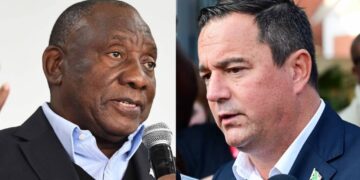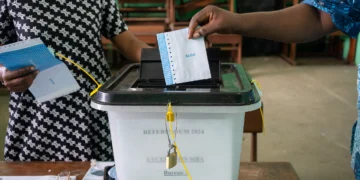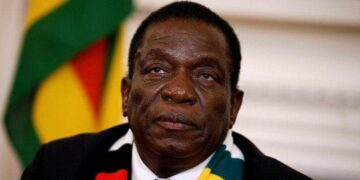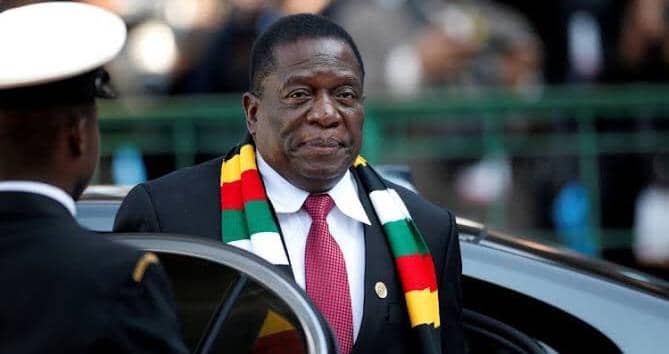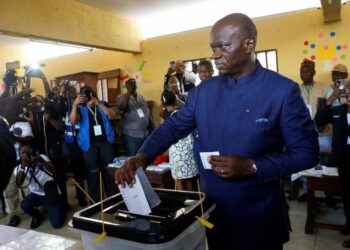By Enyichukwu Enemanna
White farmers whose farms were seized under a government programme more than two decades ago have received an initial compensation payment, amounting to US$3 million (£2.3 million), Zimbabwe’s government has announced.
“One of our commitments as we try to reform the Zimbabwean economy and clear our arrears is to compensate the former farm owners who lost their farms during the land reform programme,” Finance Minister Mthuli Ncube said.
“We have now begun to honour that agreement.”
This is the first payment made under the 2020 compensation agreement signed between the state and local white farmers, in which Zimbabwe committed to pay $3.5 billion (£2.6 billion) for seized farmland.
Between 2000 and 2001, thousands of white farmers were forced from their land as a result of the policy.
Authorities said the seizures were intended to redress colonial-era land grabs. However, it has affected the country’s relations with the West.
The payment announced on Wednesday will cover the first 378 farms, out of a total of 740, for which compensation has been approved.
It represents 1% of the total $311 million allocated for the first batch of payments.
The remainder will be paid through US dollar-denominated Treasury bonds, the finance minister added.
More farmers have now indicated interest in signing up for the compensation, according to the BBC, which quoted one of the farmers’ representatives, Harry Orphanides.
The government has only agreed to pay compensation to former farm owners for “improvements” made on the land, refusing to pay for the land itself, arguing it was unfairly seized by colonialists.
In 1980, Zimbabwe gained independence, ending decades of white-minority rule. At that time, most of the country’s most fertile land was owned by around 4,000 white farmers.
Land reform focused on redistributing white-owned land to black farmers, following colonial-era policies when thousands of black farmers were forced from their land and the country’s most fertile areas were reserved for white people.
In 2000, then-President Robert Mugabe supported land invasions by a mix of government forces and vigilante groups, sparking international condemnation.
President Emmerson Mnangagwa, who replaced Mugabe in a 2017 coup, has sought to engage Western governments to restore ties.
Mnangagwa has previously said land reform cannot be reversed but committed to paying compensation as a key step towards mending relations with the West.
Analysts say the land payment marks the beginning of an important step in repairing relations with Western nations and avoiding international judgements against Zimbabwe.










